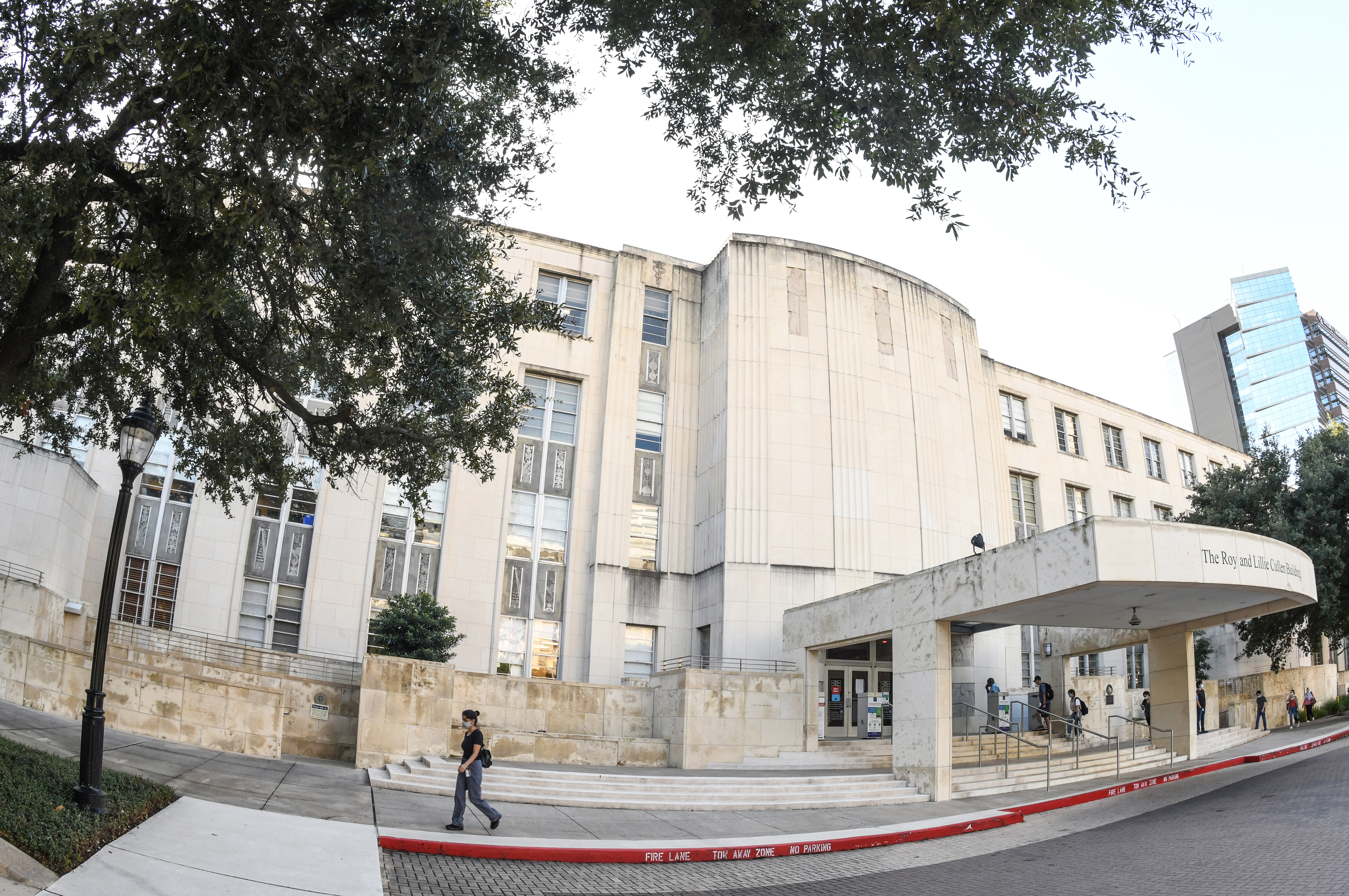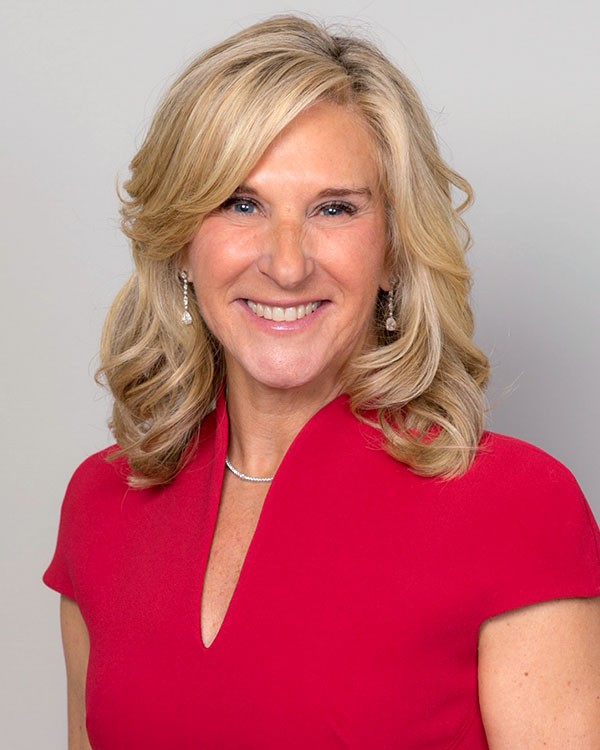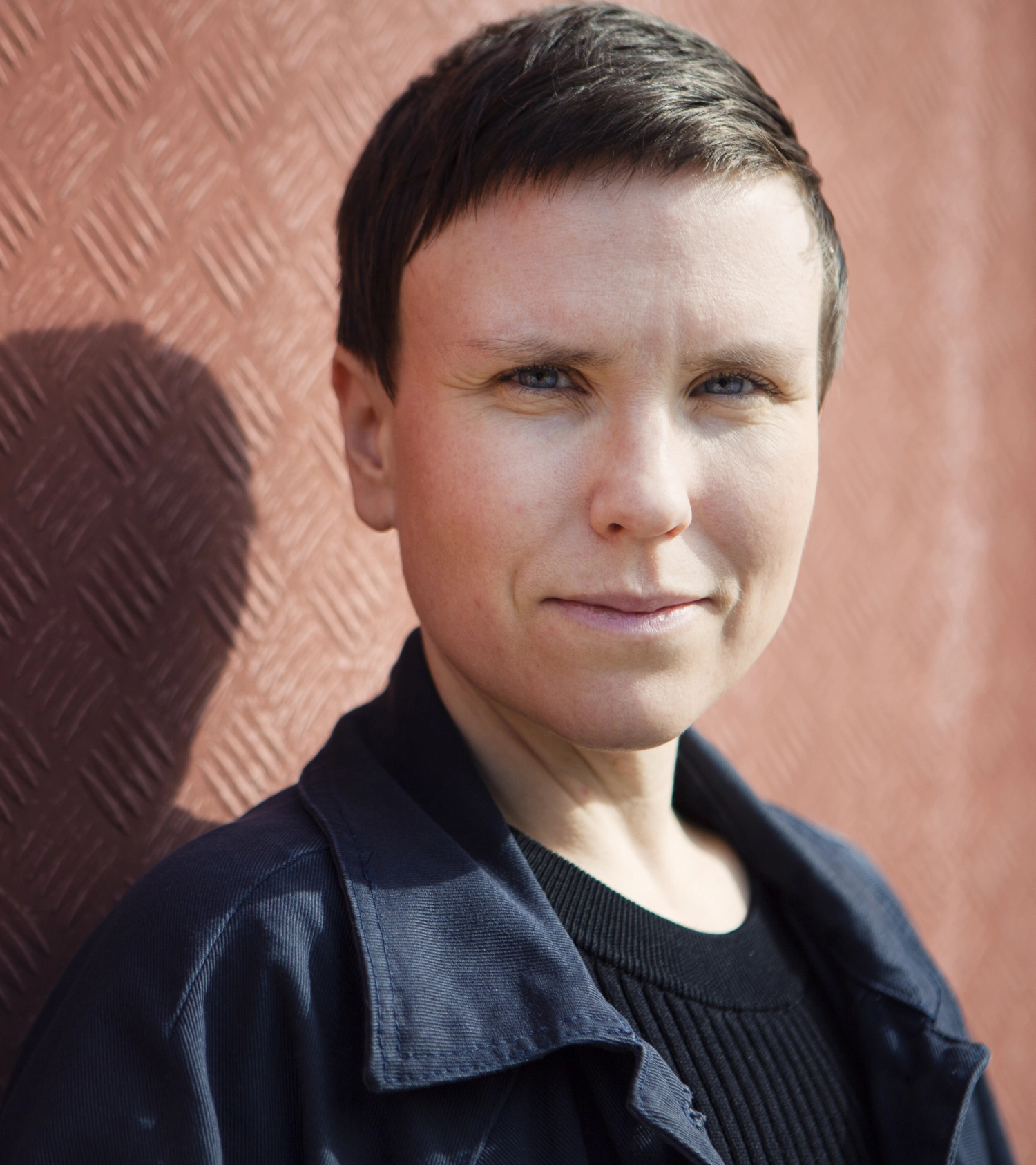Good morning everyone and thank you Brian for your very warm introduction.
I would like begin by acknowledging the traditional owners of the land on which we are meeting, and pay my respects to their Elders past and present.
I would also like to recognise a few people who have joined us today, including:
- Richard Weston
- Professor Dorothy Scott
- Professor Daryl Higgins
- Andrew McCallum; and also
- Sue West, thank you for being here.
This workshop today will help guide our approach as we move beyond the National Framework for Protecting Australia’s Children at the end of this year, towards the next children’s strategy.
This work will ensure that we deliver on a central recommendation of the Royal Commission into Institutional Responses to Child Sexual Abuse.
It was also this Royal Commission that recommended a long-term, comprehensive child protection strategy, one which will hold all governments in Australia to account.
Your input – that is, the input of people working directly with children and their families – is absolutely crucial to the success of this approach.
And it’s on this note, that on behalf of the Morrison Government, I sincerely thank Brian Babington, Stella Conroy and their dedicated Families Australia team for conducting these workshops all over the country. It’s provided vital input in shaping the next strategy to succeed the National Framework.
As convenor of the National Coalition on Child Safety and Wellbeing, Families Australia has been an instrumental part of these discussions.
Indeed, eleven years ago, the National Coalition was central in developing the concept of a co-ordinated national effort to protect Australia’s children. This was an important development in our federal system, given that the responsibility for child protection lies with state and territory governments.
Ultimately, the National Coalition and its members, as well as many other non‑government organisations, saw the need for a cohesive and concentrated national focus to address some of the very complex issues when it comes to child safety.
It was terrific to see the Commonwealth, state and territory governments, and not-for-profit groups across the country, all pledging to work together – and the ten-year National Framework for Protecting Australia’s Children was developed as a result.
I’m pleased that this Framework has secured some important achievements, such as:
- the appointment of a National Children’s Commissioner,
- the development of national standards for out-of-home care, and
- projects that have streamlined and improved data sharing between agencies and jurisdictions.
In January last year, I launched the Framework’s fourth and final Action Plan.
The emphasis over these final two years is especially focussed on improving permanency outcomes for children in out-of-home care, and supporting Indigenous kids who find themselves involved with – or are at risk of entering – the child protection systems. And it’s on that note that I particularly want to commend the significant and constructive role that SNAICC have done in progressing these priorities.
One development that I’m personally very excited about is that by working in close partnership with the local communities involved, our Government has advanced the ground-breaking Stronger Places, Stronger People program.
What I like about Stronger Places, Stronger People is that it involves unprecedented collaboration between all levels of government and the community to develop specific, locally designed plans of action to help address long-term and firmly entrenched problems for local families and their kids.
I am very pleased to say that we now have the involvement of seven communities in Stronger Places, Stronger People – in Logan, Rockhampton and Gladstone in Queensland; Bourke in New South Wales; Burnie in Tasmania; Ceduna in South Australia; and Tenant Creek in the Northern Territory – with of course, a few more to be announced in the near future.
Importantly, by teaming up with the states and territories, we have also made good progress towards securing a nationally consistent approach to timely decision making for children going into care.
At the national level, the Morrison Government, and myself as a Minister, recognise that every child born in Australia should have the opportunity to belong in a safe, loving and stable home.
And the core principle that underpins our approach to this matter is that the wellbeing of a child needs to always remain at the centre of placement decisions which impact on their lives.
The issue of out-of-home care will no doubt feature prominently in our thinking, as we look beyond the current National Framework.
I’m sure you don’t need reminding, but the reality remains that currently in Australia, there are more than 45,000 children in out-of-home care. That is a very sobering statistic, and helping these kids needs to remain a focus of ours.
The most recent data from the Australian Institute of Health and Welfare reminds us that the challenges that we face in this nation, when it comes to ensuring the safety and wellbeing our children, are enormous.
The AIHW reported that:
- the number of kids receiving child protection services rose by;11 per cent over five years, from 143,000 in 2013-14 to 159,000 in 2017-18.
Also, according to the latest Report on Government Services, the total national annual spend on child protection and related supports reached $6.5 billion in 2018-19, and of this figure, care services accounted for 59.3 per cent, or $3.8 billion.
So, yes, the challenge is in front of us.
To finish off, I must say that Families Australia has done a terrific job in keeping both myself and my office updated with the emerging themes arising from these workshops.
Important areas that have been identified so far include a need to focus attention on children at risk of persistent disadvantage, abuse and neglect, especially those in out-of-home care, as well as recognising the importance of delivering early intervention support.
The Morrison Government certainly appreciates your insights, views and experiences. I look forward to hearing the results of today’s workshop, and I will continue to work in close partnership with you all, to ensure that our most vulnerable kids have the support that they need to be safe, and to reach their full potential.
Thank you very much.






